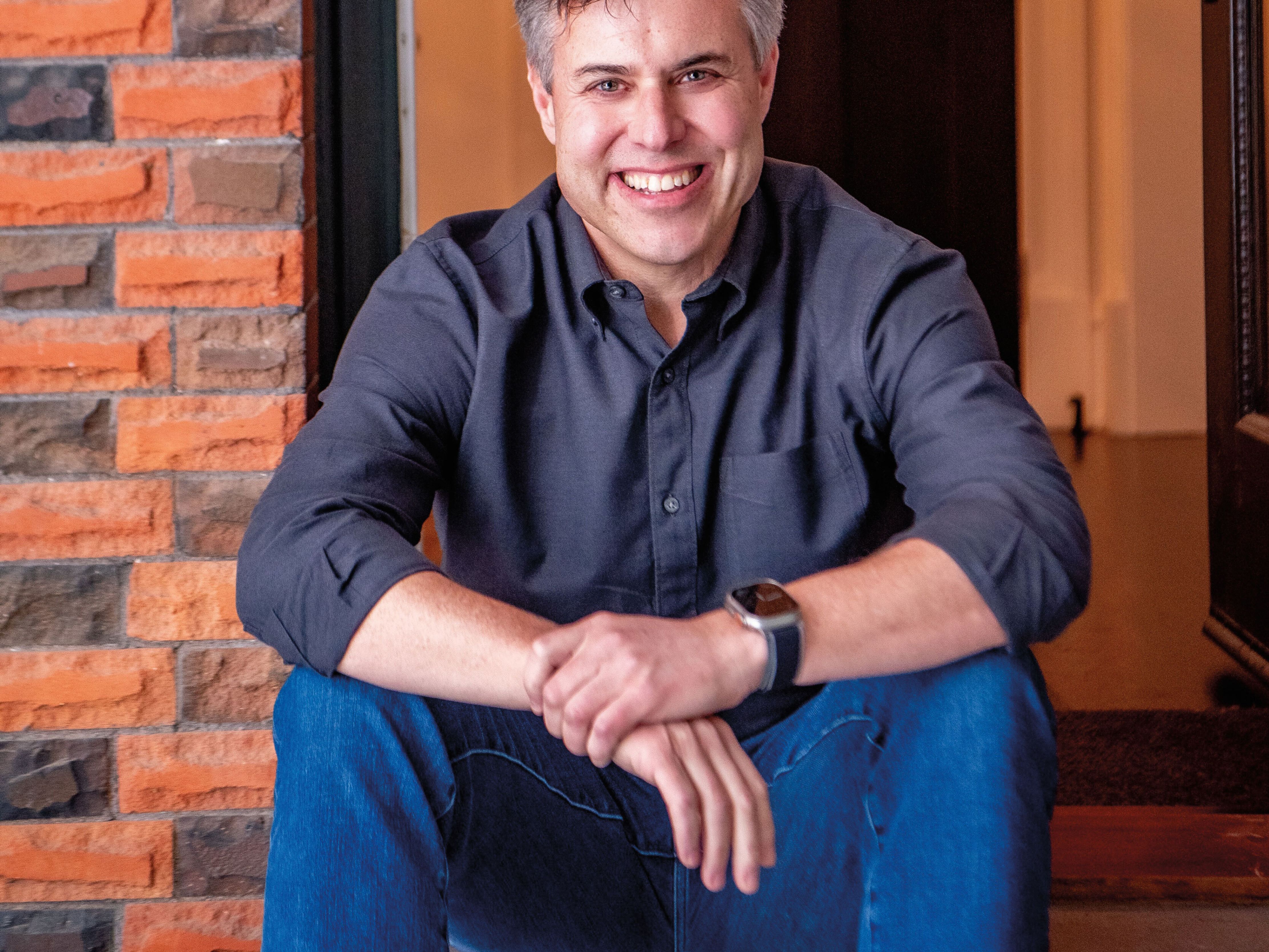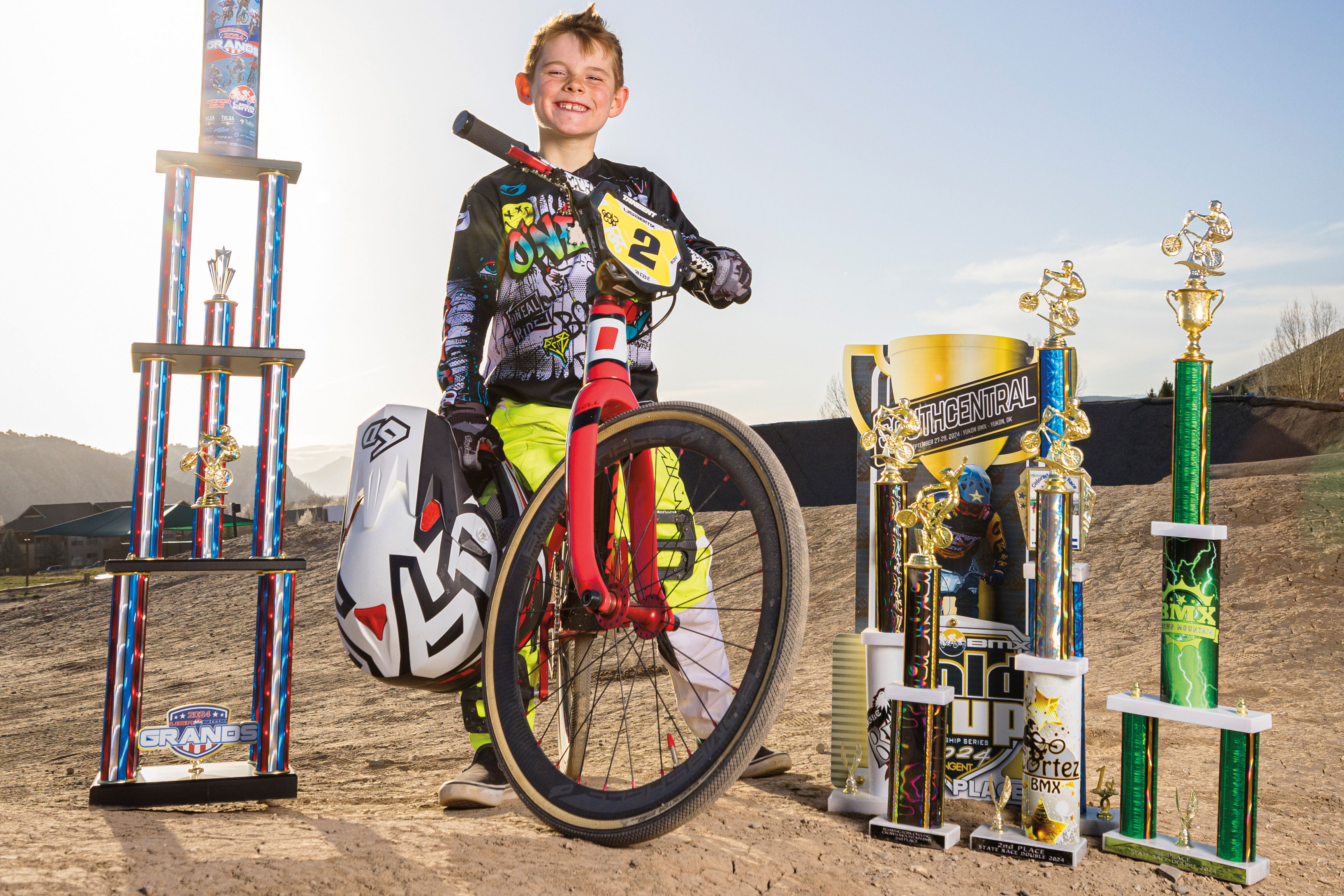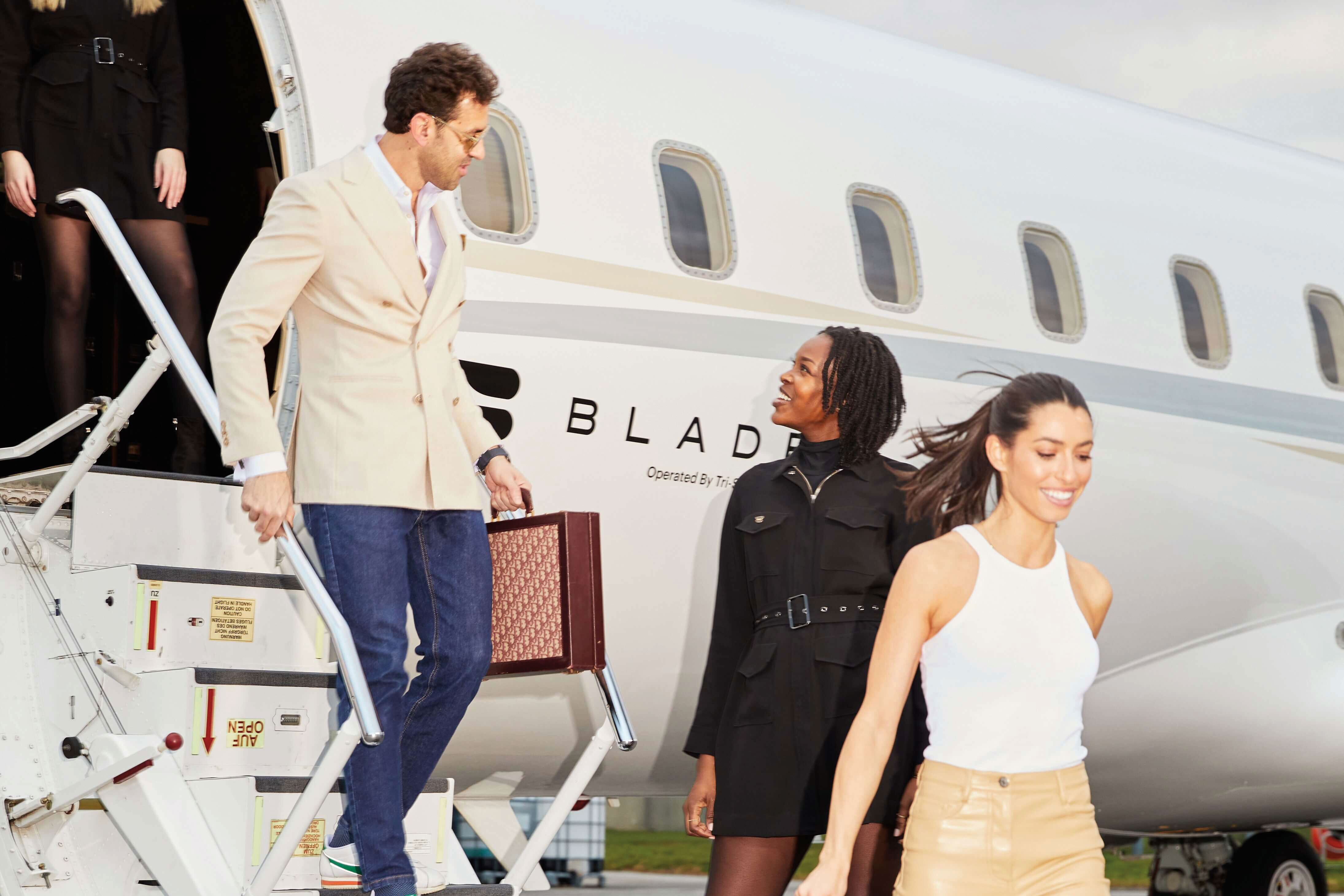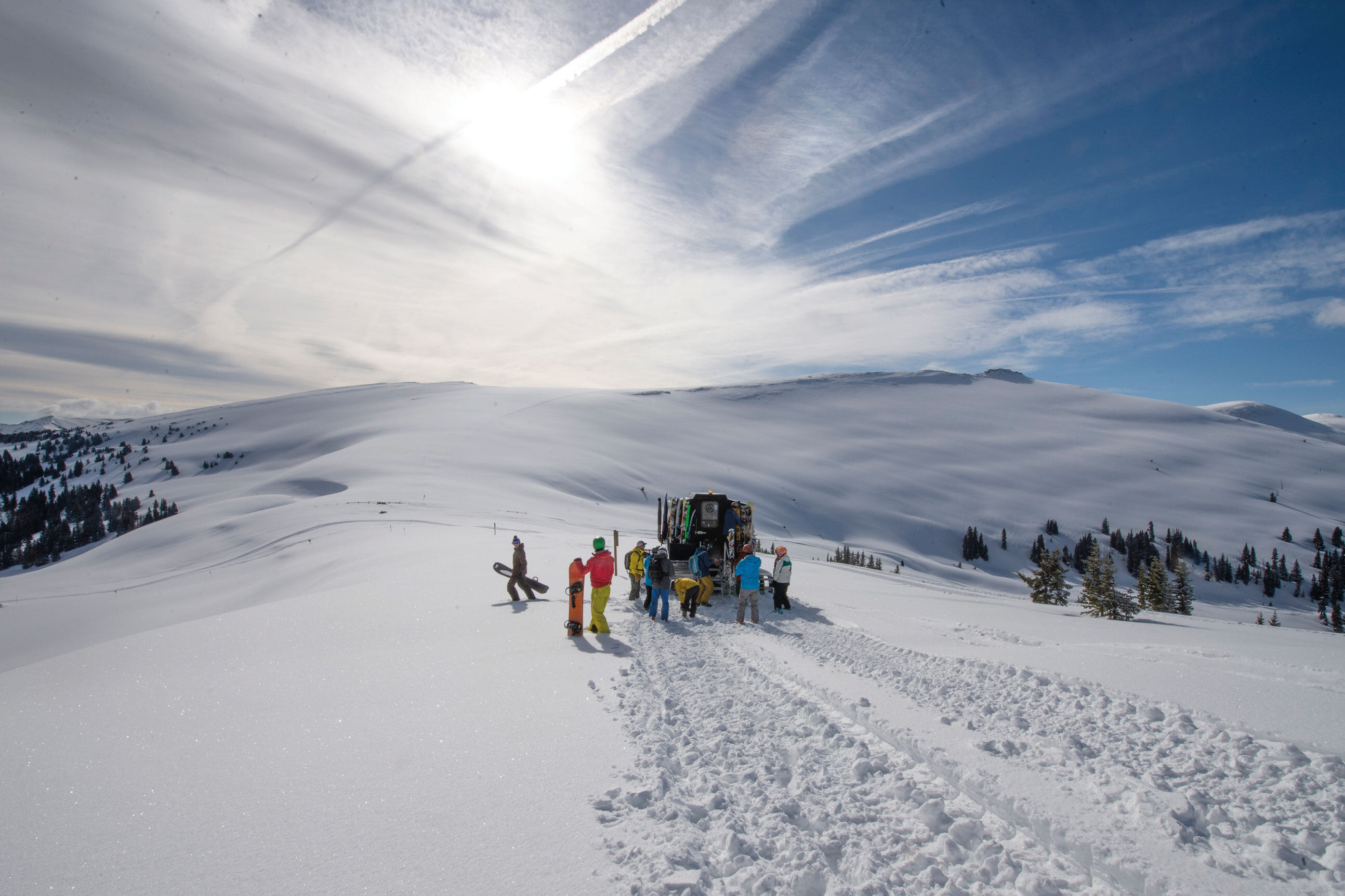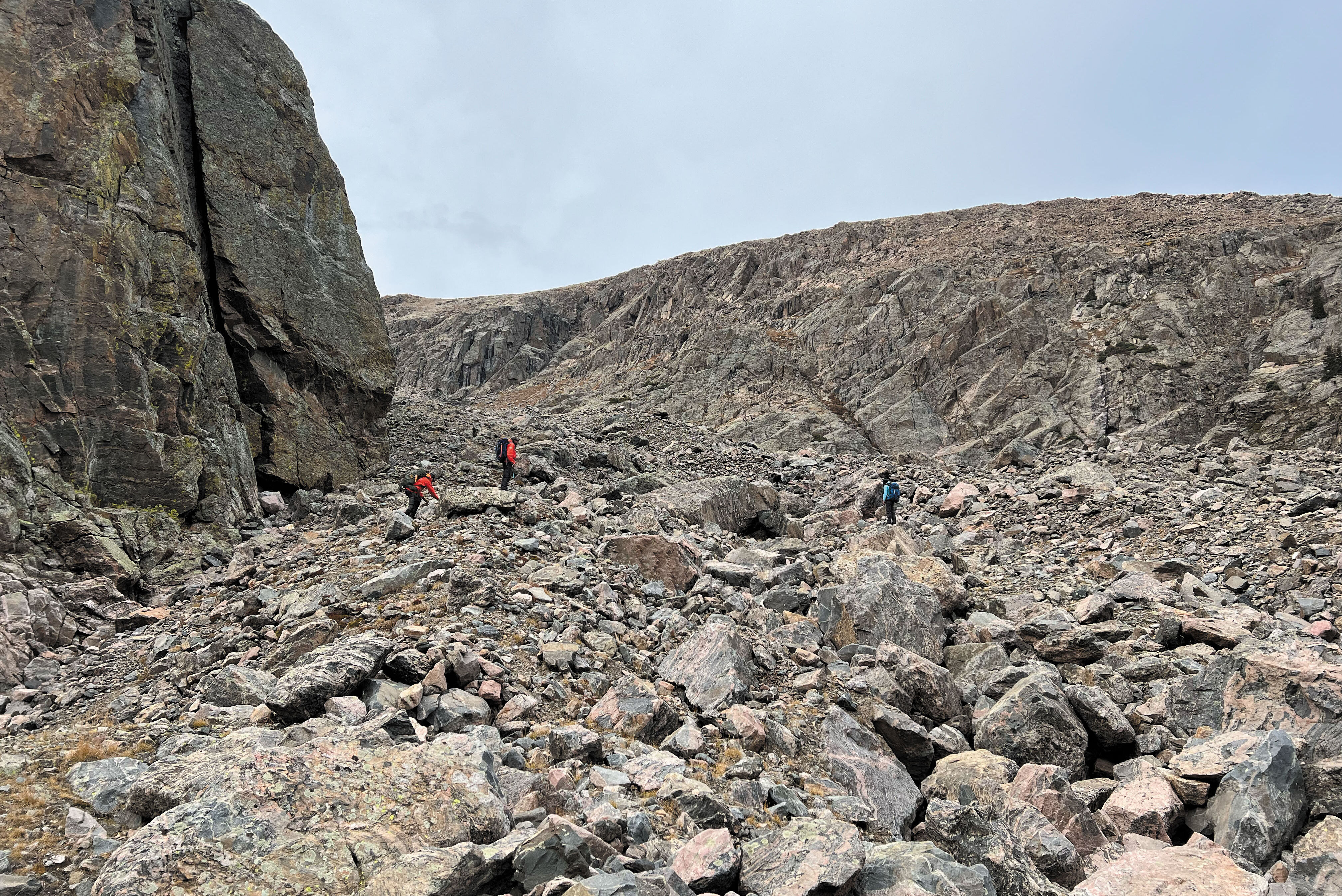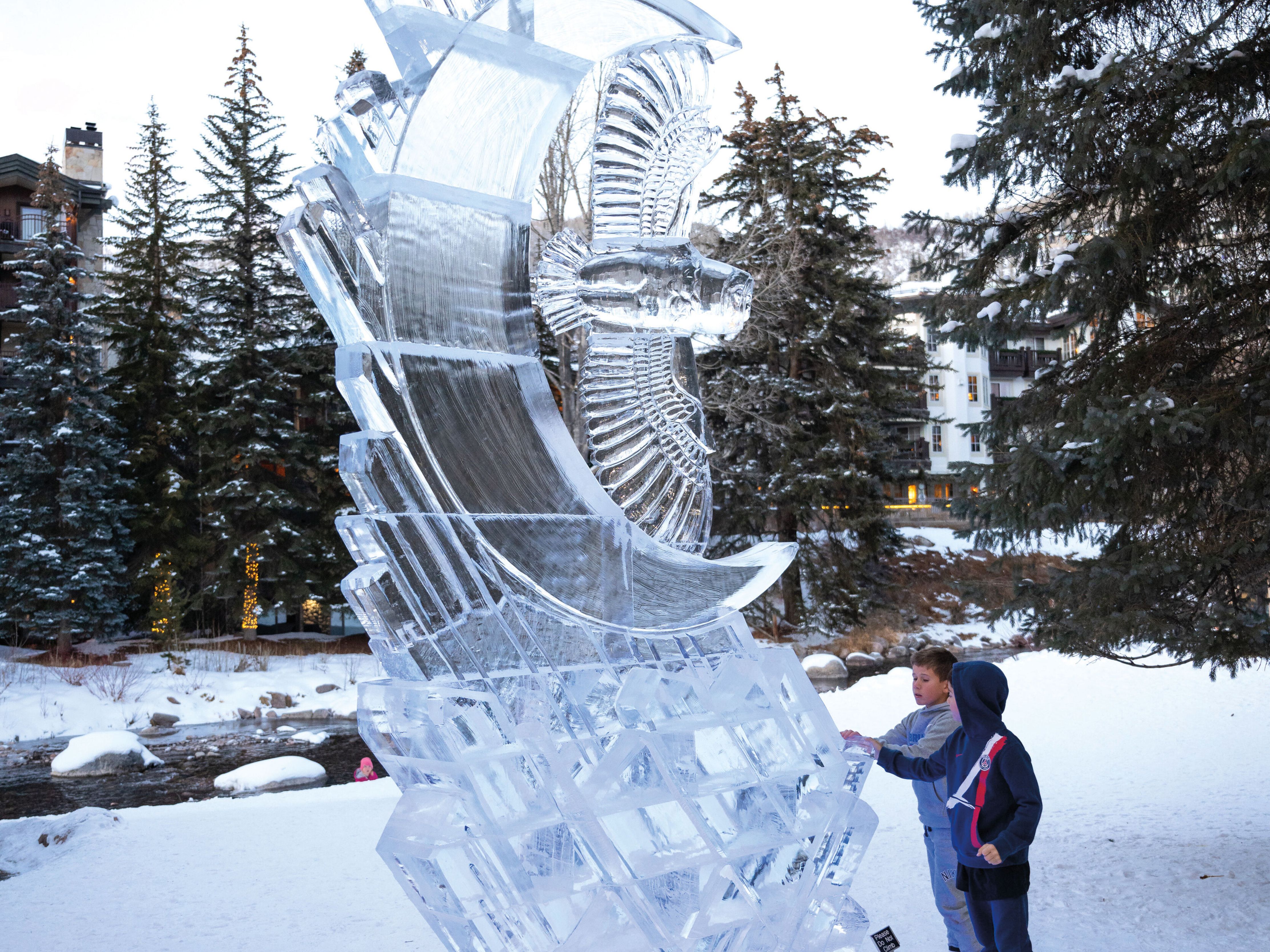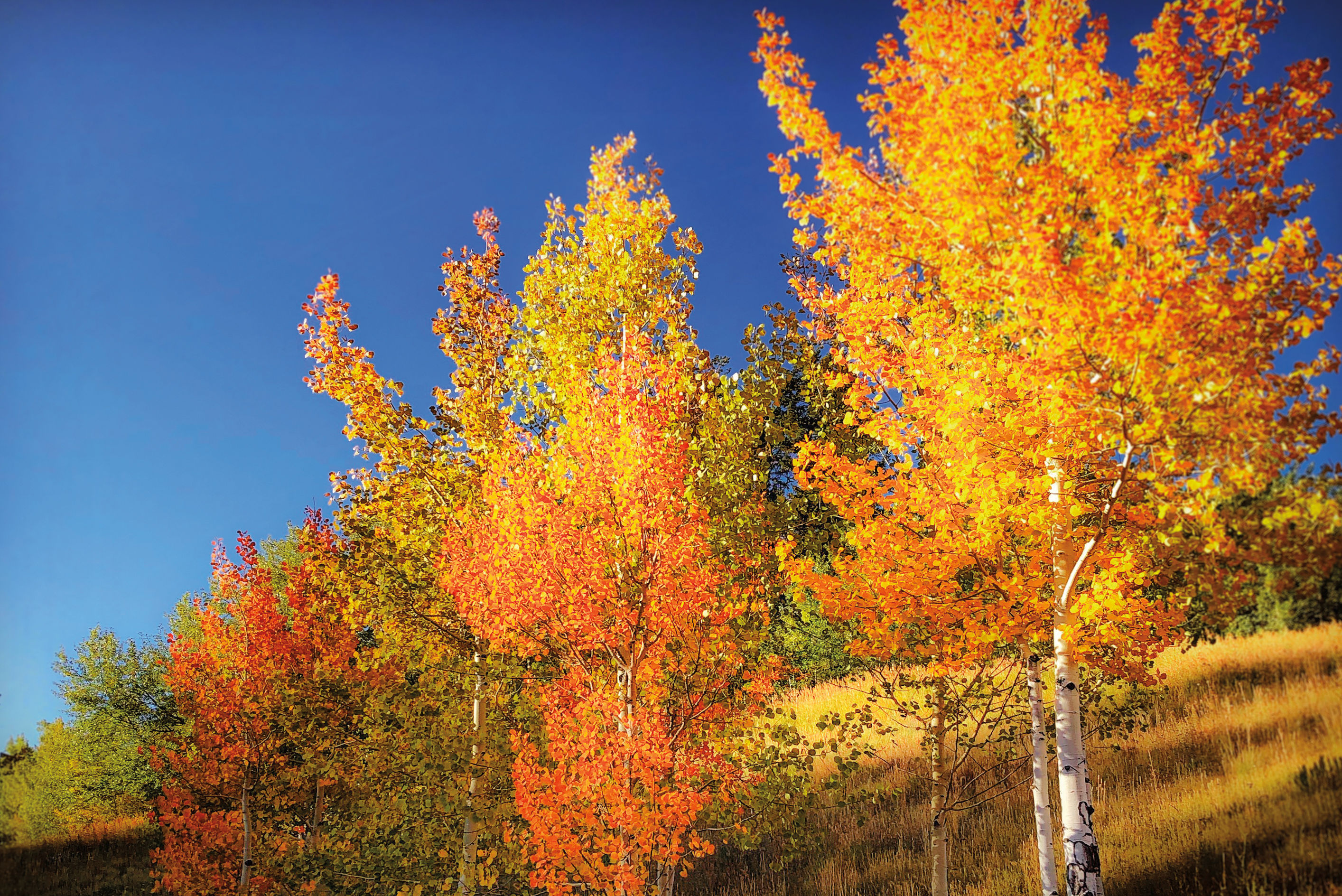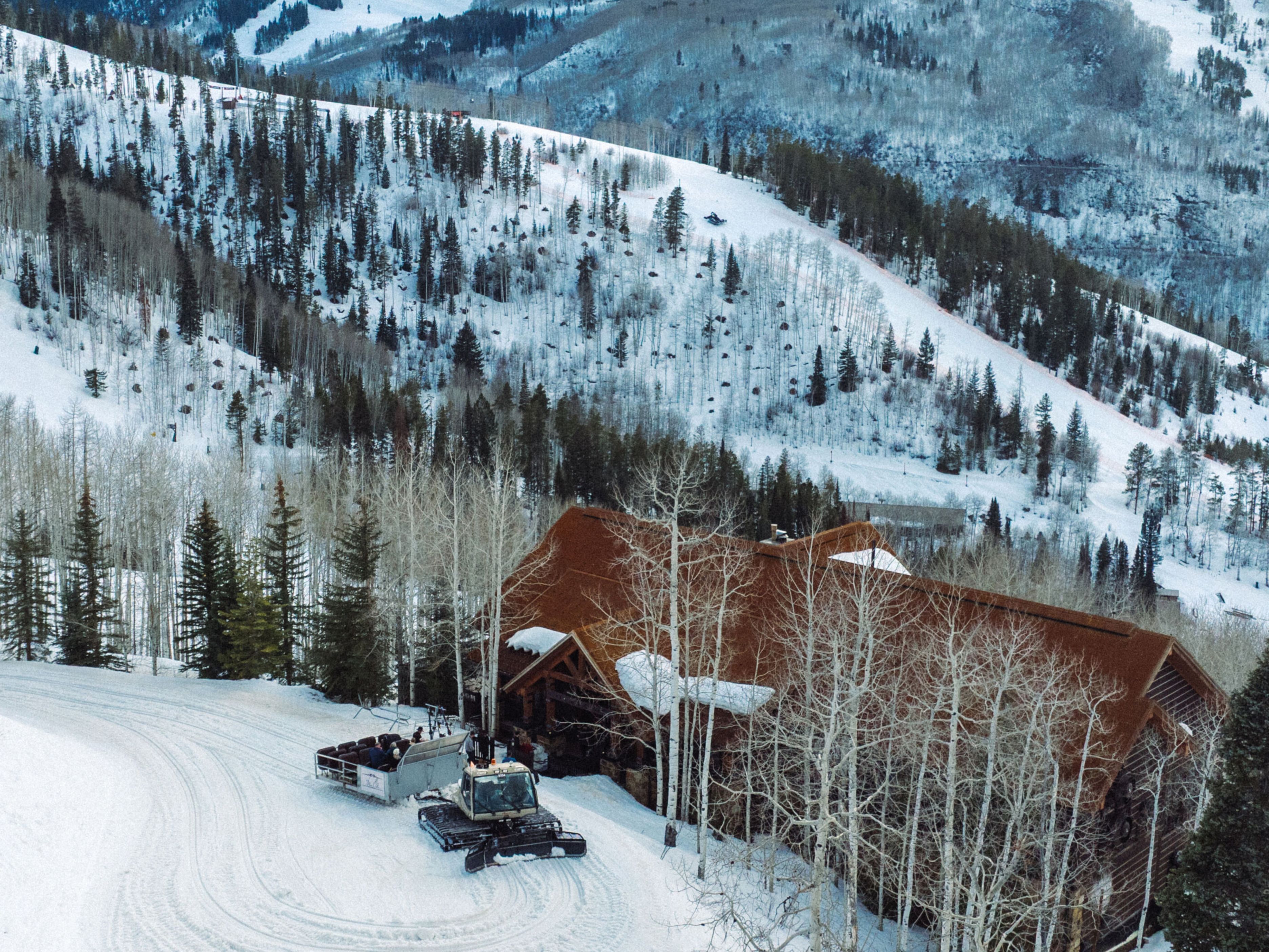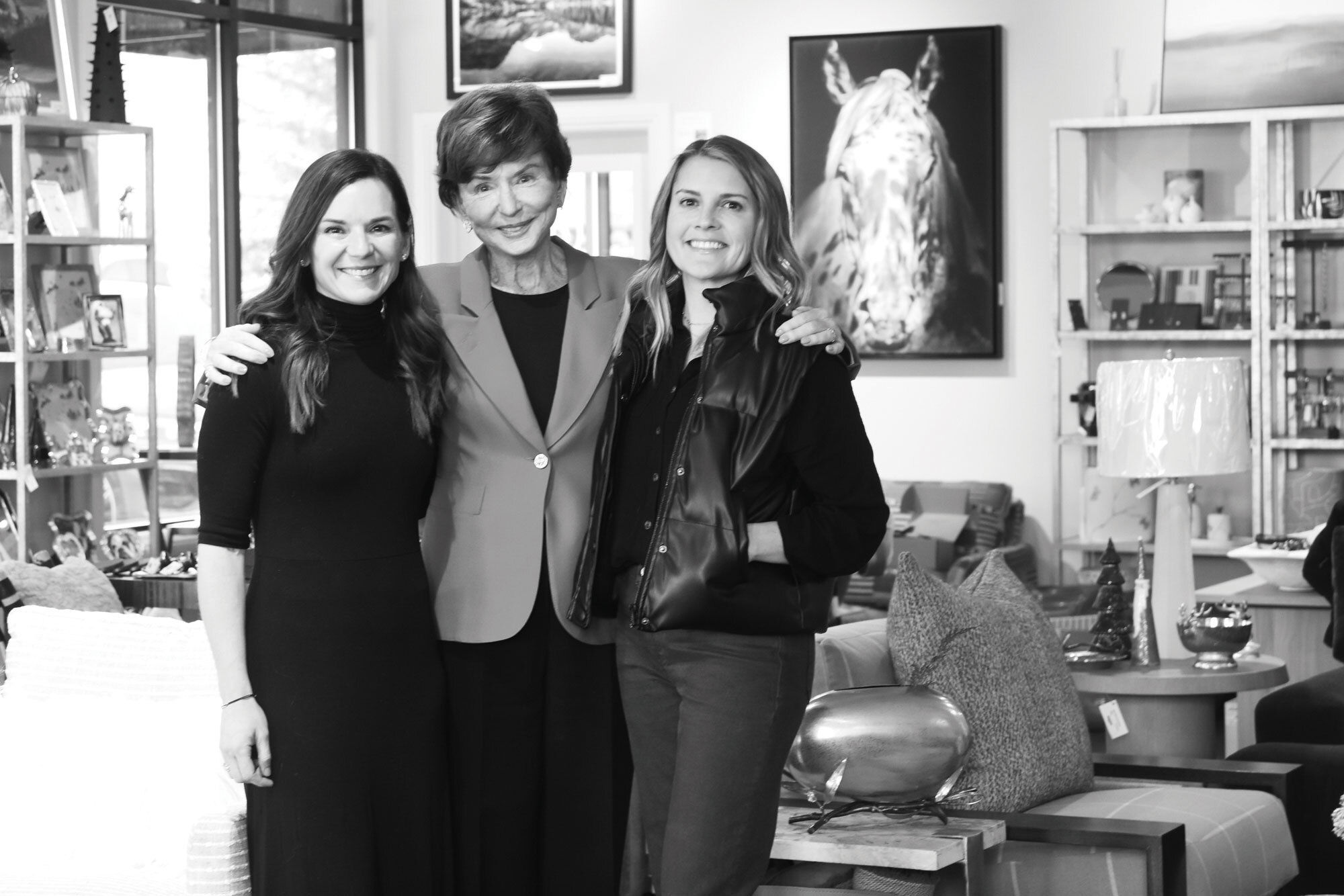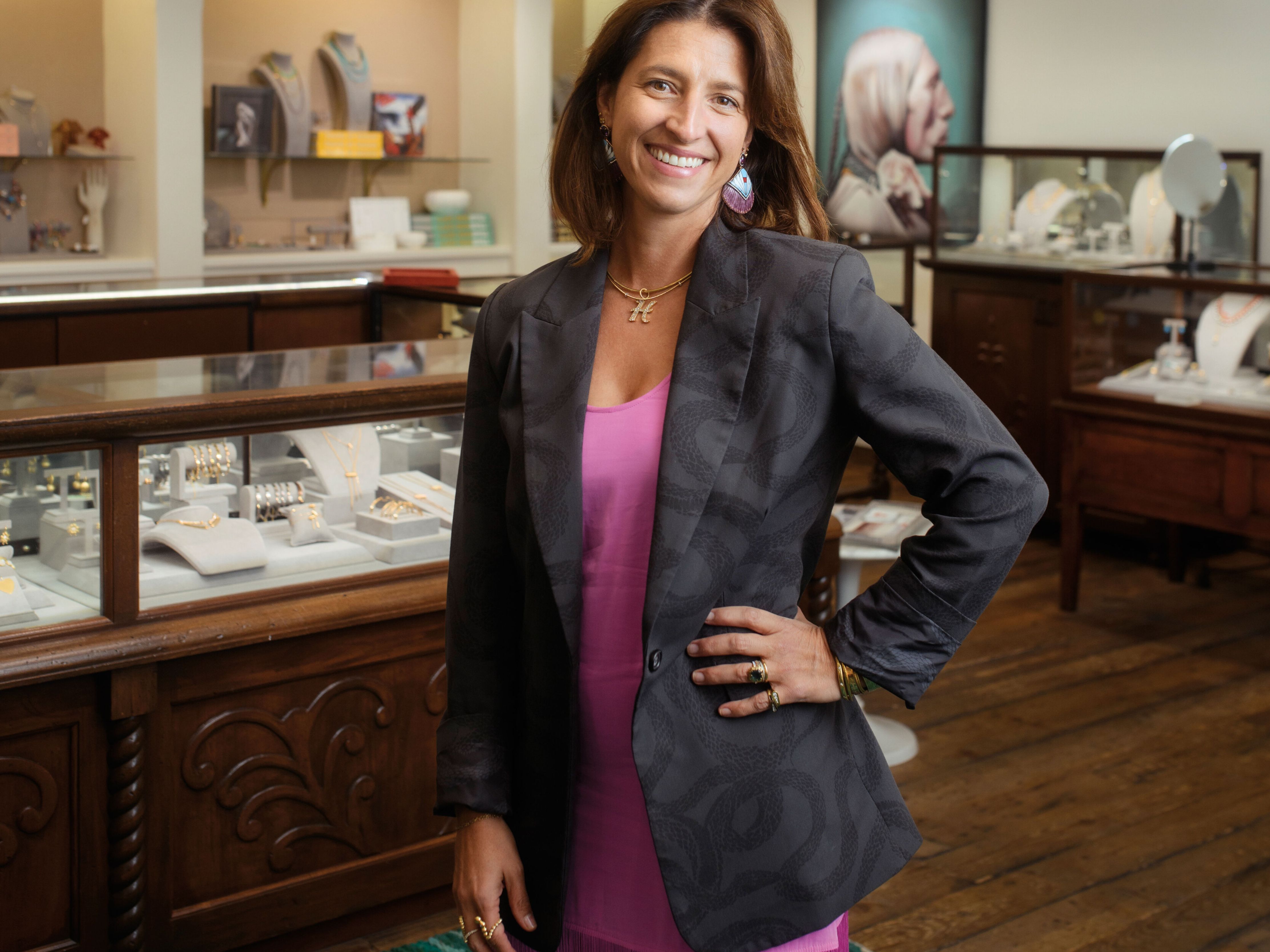The Dog Whisperer: How One Lady Spoke To My Dog And Told Me What He Was Really Thinking
Last November, I decided to school a rowdy and rambunctious Australian labradoodle puppy as a search-and-rescue dog.
Unlike the stereotypical ’doodle, a designer dog resembling a Muppet, Halo wasn’t meant to be a house pet. I bought him from a breeder who specializes in high-drive bird dogs, and he looks the part: wirehaired, athletic, and lanky, with gold-flecked amber eyes radiating fearlessness, intelligence, and, above all, mischief. At home, when he wasn’t shredding sneakers and swim goggles and headphones and library books or plotting to snatch my boy’s precious Teddy bear, Halo would let himself out our front door, and I’d find him chasing magpies on the golf course. The first time I left Halo at Vail Doggy Day Spa, he figured out how to work the latch on his pen and joined another dog exercising on a treadmill; now whenever Halo visits, the manager bungees all the kennel gates so my dog can’t initiate group play sessions.
Headstrong as a teenager, Halo clearly needed a job.
I’ve shot skeet with a borrowed twelve-gauge, but I’m no duck hunter. So in November, after my elderly father became disoriented in his sleep and wandered off into the seamless dark of Eagle-Vail without a coat (a sheriff’s deputy found him nearby, shivering in a drainage ditch), I joined Search & Rescue Dogs of Colorado (SARDOC), a volunteer organization that trains and certifies handlers and dogs to find people lost in the wilderness. I bought Halo a special orange harness and a thirty-foot-long leash and began running trails with handlers on weeknights and weekends. As weeks turned to months, Halo’s training progressed from searching out “victims” who would squeak a toy as they ducked behind a tree to tracking others who had walked into the bush, leaving only an invisible trail of skin cells and odor for my dog to follow. Halo reveled in “the game,” as it’s called, charging through sagebrush and sometimes thigh-deep snow, chuffing like a locomotive, until he located his subject, whereupon his reward of raucous play would always ensue.
But once I increased the intensity of his training to prepare for certification, things began to fall apart. After five consecutive days of searches, one Sunday I was paired with a coach who was one of SARDOC’s most seasoned handlers. Before I could clip leash to harness and start Halo on his most challenging trail yet, he bolted, and an embarrassing game of cat-and-mouse ensued. Eventually I caught him. But when I asked him to sniff the scent article (a hat that had been worn by the hidden “victim”) and said “Find,” instead of engaging his nose, Halo wandered aimlessly in circles until he spied a jackrabbit and chased it into the brush. A half-hour later, when Halo blithely wandered right past the subject he was supposed to locate, my SARDOC coach wondered aloud if perhaps Halo would prefer to be a pet.
So I decided to ask him.
One afternoon, as Halo dozed at my feet beneath my desk in Avon, I dialed Rebecca Blackbyrd, a Denver-based
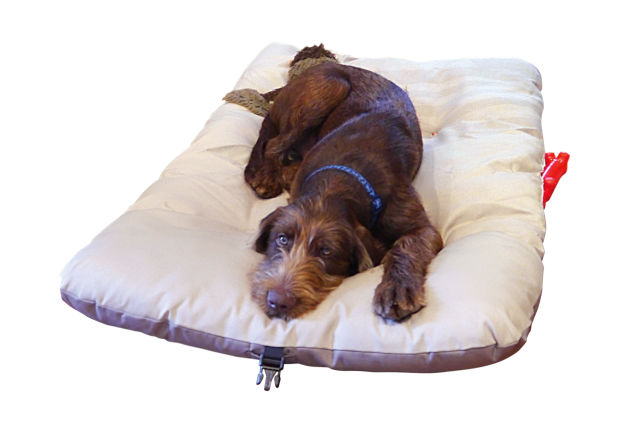
and without telling her anything about my dog or his training, put her on speakerphone and asked if she could get inside Halo’s head.
“Let me relax with him,” she said.
After a minute of silence, Blackbyrd laughed.
“He’s so funny,” she said, adding that Halo was sending her a mental image of a dog lounging in front of a fireplace and making dramatic noises as he’s being rubbed behind the ears. “When he starts talking he talks really quickly, and he’s telling me that he’s doing some very specific sort of work/play thing. It’s really fast. When he talks about this training—he calls it performance—he says it’s fine that there’s other people watching him, but he says that he’s doing it for you. He gets that he’s supposed to be working, but he doesn’t always understand the point, and sometimes it’s almost too much for him to keep focusing. ... He’s also telling me that something has changed recently, and he doesn’t want it to be quite as serious.”
I asked if Halo really wanted to be a search-and-rescue dog.
“He says that if he weren’t doing it, he would be bored.”
After our session, she e-mailed a homeopathic remedy to help Halo focus. Which seemed prescient, given that a few weeks later, another SARDOC handler (after another lackluster Halo performance during a dry-run of a failed pre-certification test) suggested that perhaps my dog suffered from the canine equivalent of ADD.
Given that most human and canine SARDOC candidates wash out within the first year or two of training (it typically takes at least two years, passing a progression of ever-more-difficult tests, to certify both hound and handler), I wonder daily if Halo and I have what it takes to field as a search-and-rescue team. It's the hardest job I've ever tried to do, paid or not. But if Halo's willing to try his hardest for me, I'm willing to do the same for him. And you.

